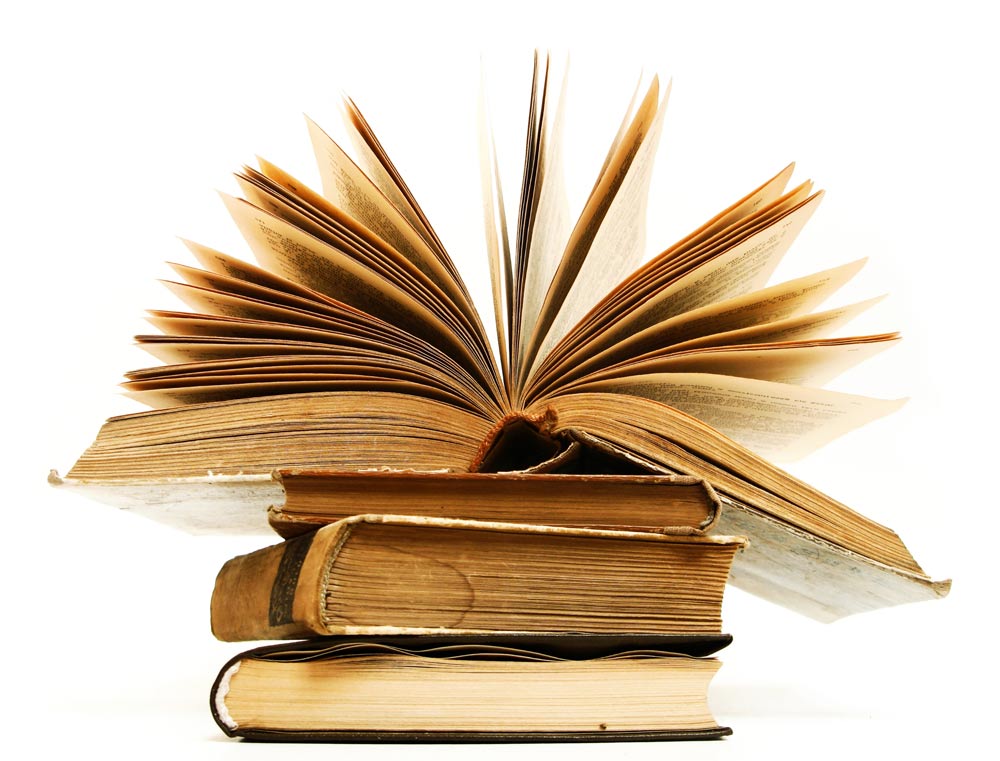I have added a JavaScript replay chess board which contains critical endgame positions. Right now it contains three positions mainly King and pawn endgames dealing with the opposition, but I plan on adding more every couple of days.
Author: beginchess
-
Chess Board Visualization Exercise #3
After mastering exercise 1 and exercise 2 you are ready to move on to the third chess board visualization exercise.
Using the board look at all of the squares controlled by:
– a knight on c3
– a knight on f3
– a knight on c6
– a knight on f6Then, without the use of the board repeat the exercise again visualizing the squares controlled by the knight on f3, c6 and f6.
Perform this exercise for two sessions or until you feel comfortable. You should also repeat exercise #2 until you are extremely comfortable performing it.
Remember it is important to build upon fundamentals, and exercise # 2 is an important building block in developing chess visualization skills.
-
Annotated Game: Winter vs. Capablanca 1918
Here’s an annotated game by Capablanca from his game Winter vs. Capablanca that took place in Hastings in 1918.
NOTE: I am testing a Silverlight chess board, please leave me your feedback.
-
Chess Memory
Interesting article on chess memory which should be read by all who are interested in chess psychology and learning.
-
Endgame Problem
Here’s the first of many endgame and middlegame problems to come:
King and pawn endgame problem -
Chess Training Schedule
Day 1
Study endings (1hr)
Solve tactics (30min)Day 2
Study strategy (1hr)
Solve endings (30min)Day 3
Play long game (1hr)
Solve tactics (30min)Day 4
Solve strategy (1hr)
Solve tactics (30min)Day 5
Study openings (1hr)
Solve endings (30min)Day 6
Play long game (1hr)
Solve tactics (30min)Day 7
Off day -
These Things Take Time : The Challenges Adults Face When Learning Chess
(first in a series of adult learning posts)
“These things take time.” the grand master explained to his young pupil. Ten years and nearly one thousand rating points later, the student now finally realized the truth in the words of his teacher. One must realize that there is no quick fix to becoming an expert in any field, you need to pay your dues and in time you will reach one of many “a-ha” moments as your skills improve.
Cognitive psychologists Chase & Simon in 1973 studied chess experts and found that they had often spent as many as 50,000 hours practicing chess. That means that a 35 year old master who has spent 50,000 hours playing chess must have spent 4-5 hours everyday for thirty years on the chessboard starting at the age of 5.
Good heuristics on the time it takes to improve and reach certain milestones in your chess development could go like this (Note that results may vary based on the amount of time you spend, and the intensity of your training sessions):
- The average adult will need to invest approximately 5 years of practice to become a decent player (ELO 1600)
- The average adult will need to invest approximately 10 years to become an expert (ELO 1900-2000).
- Because time is against them, the average adult learner will have an extraordinarily difficulty time in surpassing the 2000 ELO rating.
- Measureable progress comes in 6-12 month periods.
-
Chess Board Visualization Exercise 2
After repeating exercise 1 for the first 2-3 sessions you can then move on to exercise 2.
Board Visualization Exercise #2
Same concept as in exercise #1 but this time you do not look at the board.
– note where the four knights normally develop
– note where the four bishops normally develop
– note the four squares for the fianchettoed bishops
– note the squares where the King and rook are placed after castling -

Recommended Chess Books by Rating
Best Chess Books by Rating
Chess Rating: 1200-1400
1) Chess Tactics for Students
by John Bain
2) Logical Chess Move by Move by Irving Chernev
3) Back to Basics: Tactics (ChessCafe Back to Basics Chess)
by Dan Heisman
4) Winning Chess Tactics, revised (Winning Chess – Everyman Chess)
by Seirawan
5) Silman’s Complete Endgame Course
by Jeremy Silman
Chess Rating: 1400-1600
1) Modern Chess Strategyby Ludek Pachman
2) The Most Instructive Games of Chess Ever Played
by Irving Chernev
3) Chess Training Pocket Book
by Lev alburt
4) Chess Exam and Training Guide
By Igor Khelmenitsky
Chess Rating: 1600-1700 1) The Amateur's Mindby J. Silman 2) Alekhine's Best Games 3) Practical Chess Exercises
by Cheng 4) Capablanca's Best Chess Endings 5) Chess Praxis by Nimozwitch Chess Rating: 1700-1800 1) Art of Attack in Chess
by Victor Vukovic 2) My 60 Memorable Games
by Bobby Fischer 3) One Hundred Selected Games by Botnnivik 4) Understanding Chess Move by Move
by Nunn Chess Rating: 1800-2000 1) How to Reassess Your Chess
by J. Silman 2) Fire On Board
by Alexei Shirov 3) Fundamental Chess Endings
by Mueller 4) Improve your Chess Now By Johnathan Tillman 5) Dvoretsky's Analytical Manual
by Dvoretsky 6) Chess Strategy for Club Players by Grooten 7) Zurich International Chess Tournament, 1953
8. Dvoretsky's Endgame Manual
by Dvoretsky 9) My System by Nimzowitch 11) Think Like a Grandmaster by Kotov
-
Twitter on Sidebar
Added a feed of my Twitter posts on the right sidebar.